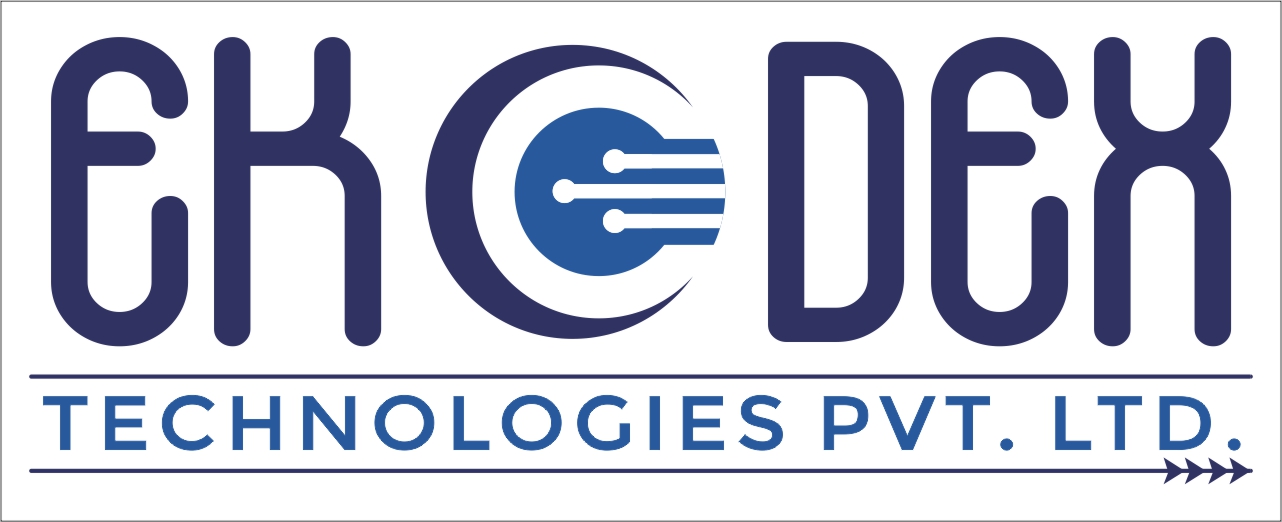What is a Content Management System (CMS)?
A CMS is a digital solution that allows individuals and businesses to create, edit, organize, and publish content on websites without deep technical knowledge. It simplifies content management while ensuring secure, scalable, and user-friendly web experiences.
Why is it Important?
A modern CMS saves time, reduces dependency on developers, and provides powerful tools for managing websites. It improves collaboration, ensures consistency, and enhances the experience for businesses, creators, and marketers alike.
Key Features
- Content Creation & Editing – User-friendly editors with drag & drop functionality.
- Media Management – Organize images, videos, and documents in one place.
- SEO Tools – Optimize content for better search engine visibility.
- Multi-User Access – Role-based permissions for teams and contributors.
- Analytics & Insights – Track user engagement and performance.
- Customizable Themes – Personalize design with templates and plugins.
- Scalability – Handle small blogs to enterprise-level websites.
- Data Security – Built-in security, encryption, and backups.
Benefits
Implementing a CMS helps:
- Save time and reduce manual effort
- Enable collaboration between content teams
- Enhance productivity with automation tools
- Improve SEO and website performance
- Scale websites easily as business grows

"A powerful CMS ensures flexibility, scalability, and efficiency in managing digital content."
Conclusion
In today’s digital-first world, a Content Management System is essential. It streamlines publishing, empowers teams, and provides businesses with secure and scalable tools to manage their online presence effectively.

